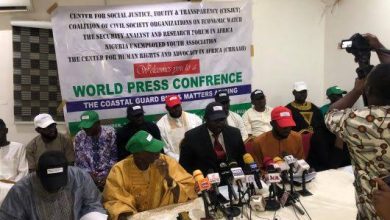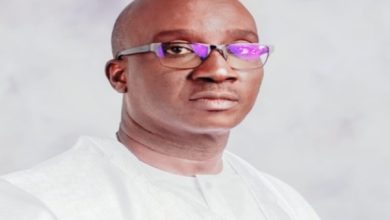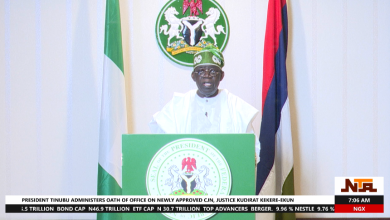How Eko Electricity, Other DisCos Impoverish Nigerians With Arbitrary, Fraudulent Billing Culture
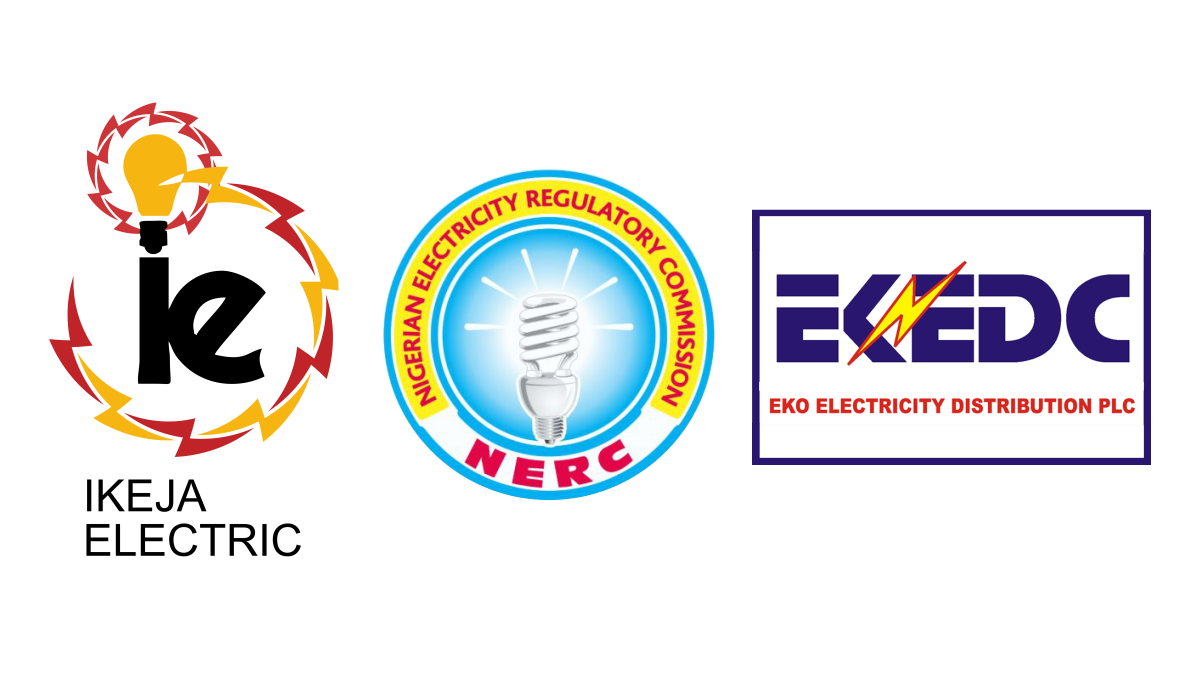
Despite its unreliability, electricity remains a livewire for millions of Nigerian homes and businesses. Added to that is the unscrupulous, arbitrary and exorbitant billing system of the country’s electricity distribution companies. Notwithstanding the complaints from users, especially citizens already racked by acute poverty, distribution companies (DisCos) have maintained their stranglehold on individual and corporate customers.
Following the federal government’s privatisation of Power Holding Company of Nigeria in 2013, it gave power distribution licences to the DisCos.

Meanwhile, the government failed to address core issues in the industry before the rushed handover. Electricity consumers are at the mercy of power executives, who prioritise profit-making above regular and incorrupt service delivery.
It is now commonplace to see Nigerians daily decry the various schemes by DisCos to extort money despite poor services rendered. These fraudulent practices, Peoples Gazette learnt, manifest in outrageous billing rates and hideous debt claims.
Alarming bills
Three years ago, Aisha Hassan, a local chef at Obalende market, moved into a one-bedroom apartment at Igbosere Road, Obalende, Lagos. For more than two years, Ms Hassan was unaware of an approximately N500,000 debt owed by an ex-tenant of the apartment she lives with her family.
Exposed!! Popular Abuja doctor revealed how men can naturally and permanently cure poor erection, quick ejaculation, small and shameful manhood without side effects. Even if you are hypertensive or diabetic . Stop the use of hard drugs for sex!! It kills!
“When the prepaid meter was brought in January, I recharged N10,000, which was used for the month when I exhausted the amount. I was unable to recharge. I went to Eko Electricity Distribution Company (EKEDC). When I got there, I was told there was N470,000 debt on my prepaid meter owed by an ex-tenant,” Ms Hassan narrated to The Gazette.
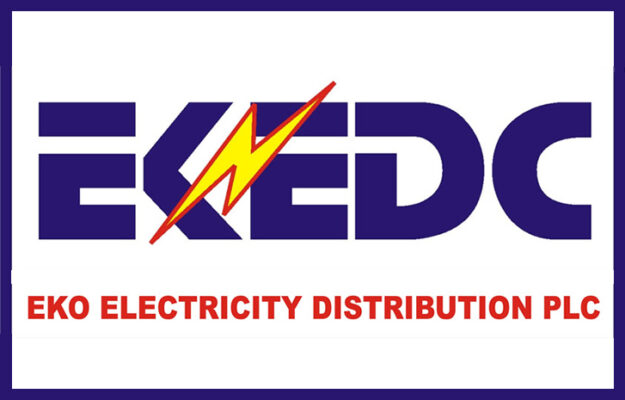
Many households, like Ms Hassan, are forced to pay for the electricity they did not consume. The anomaly was brought to the fore when the government introduced the National Mass Metering Programme in 2020. Many Nigerians noticed that electricity agents had extorted them, making them pay for the power they did not consume. On many occasions, the electricity workers threatened to cut them off supply if they did not settle the ‘strange’ debts charged to their prepaid meter.
Though she queried EKEDC officials why they did not inform her about the debt before obtaining the meter, there was no reasonable response.
“I met with the EKEDC officials at Marina Lagos. The officers informed me about the debt and asked me to pay N65,000 monthly, of which N50,000 will be used to settle the debt on the meter monthly. I was embarrassed and insulted by an official for refusing to pay,” Ms Hassan claimed.
She added, “They informed me that my landlord was aware of the N470,000 debt. They also advised me to pay N100,000 in January, which was shared on the prepaid and debt servicing. I used N50,000 to recharge my prepaid meter.”
Esther Omomehin, a hairstylist, who just moved into a newly-acquired salon two months ago at Sandgrouse Market, Lagos Island, corroborated Ms Aisha’s story.
She told The Gazette, “I moved into the shop in December 2020, but there was no power supply. Electricity agents informed us that the residents of the house owe over N1 million debts. I was charged N20,000 so that they can fix the light. My husband refused and spoke with EKEDC officials at their office.”
Kayode Omomehin, Ms Esther’s husband, explained further, “We never knew there was a debt until we started doing a survey when they cut off the power. I called the EKEDC marketing department and spoke with their boss, who told me that the only solution is to connect directly to the pole. They told us to buy wire and connect to the electricity pole so that we will be charged separately from the house.”
Similarly, Mr Joe, a newly-married man who moved into a three-bedroom apartment in mid-September at Magodo, was shocked when asked to pay N100,000 by the Ikeja Electricity Distribution Company (IKEDC).
He explained, “On October 15, 2020, a prepaid meter was installed in my apartment. Each time I recharged N20,000, they only credited me N8,000 worth of electricity units. About 60 per cent went into debt servicing. IKEDC agents brought N100,000 debt for a house I have only lived in for a month.”
‘Waiting’ bills
While some subscribers pay electricity bills used by ex-tenants, others have to cough up huge sums for power not used, especially when they are away from their homes for an extended time. Whether at home or not, electricity bills from DisCos always wait for hapless subscribers who have no choice but to pay.
Mrs Margaret, a retired teacher in Edo, and her family were away from their apartment for six months. When she returned, a N96,000 bill had awaited her.
“When we travelled from the house in March, we were charged N14,000 monthly for six months. Before we travelled, the monthly charge was N3,000. The electricity company increased it to N14,000 while we were away from the house. By the time we returned, we were forced by the Benin Electricity Distribution Company (BEDC) to pay N96,000 debt,” she said.
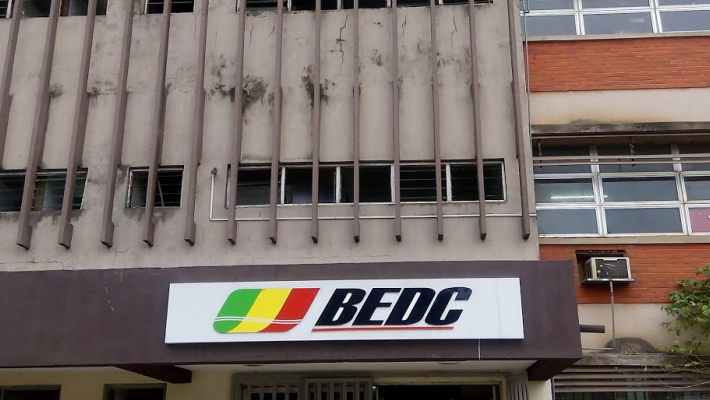
Another customer of Ikeja DisCo, Dada Joshua, who lives on Unity Street, Ipaja, showed his bills’ history to The Gazette. He said the bill has multiplied from his previous energy charges. As of last September, they charged him N2,600. In October, the firm charged him N2,700. But his November skyrocketed to N12,000.
“I don’t stay at home except on weekends. They bring outrageous estimated bills for me just to have huge arrears in my account. I had visited their office at Akowonjo to complain, but they haven’t responded,” Mr Joshua said.
He added that the firm had not responded to his application for a prepaid meter. While he can only afford to pay N3,000 monthly for electricity, his bills continue to accumulate.
Also, in Lagos, Obirija Elias, a civil servant, narrated his ordeal.
“I’d paid N3,000 monthly since 2019. But late last year it increased to N8,000 monthly. I complained, but they (the power company) refused to check my analogue metre. They continue to charge me N8,000 for a one-bedroom apartment with few appliances,” said Mr Elias.
Transformer bills
The Consumer Rights and Obligations Regulations document obtained from the Nigerian Electricity Regulatory Commission’s website indicated that customer rights are enshrined in the Electric Power Sector Reform Act (EPSRA) 2005.
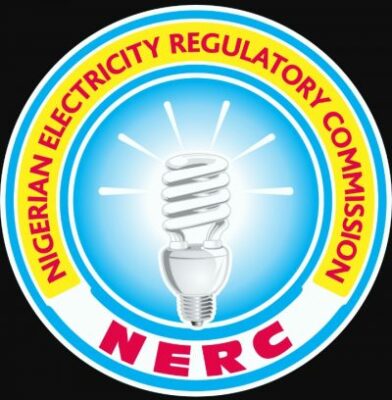
The regulation stated that it is not the responsibility of electricity customers or communities to buy, replace or repair electricity transformers, poles, and related equipment used in the electricity supply. Many DisCos do not comply with this regulation.
Odeyale and other neighbourhoods in Ikotun, Alimosho, have clamoured for a new transformer for three years. Residents of the communities told The Gazette they are tired of contributing money to fix the transformer every time it breaks down.
“Last week the transformer was faulty, residents of Odeyale, Bisiolu, Ogunjole, Mudashiru, Babatunde streets contributed N500 per family to purchase oil for the transformer,” Abimbola Oshikoya, a resident and retired teacher in the community, said.
Mrs Oshikoya added, “We want a new transformer at Odeyale. We have cried to the government that business is not lucrative in the area. The drinks I purchased to sell during the festive period expired in the fridge because it was not cold.
“We paid N22,000 in January despite the fact that there was no light for 13 days due to the faulty transformer.”
Another resident, Abdulahi Tairu, said the Community Development Association met with the IKEDC to replace the transformer.
“Ikeja DisCo visited the community with contractors from Okota. We contributed N5,000 per building in the affected streets to replace the transformer with a new transformer from the council. But after the visit, we have not heard anything from Ikeja Electric,” he said.
No wrongdoing
The Ikeja Electricity spokesman, Ayeni Akinola, denied the extortion allegations levelled against the firm when contacted by The Gazette. According to him, the company does not condone corrupt practices. He asserted that the company provides all electricity equipment for communities as stipulated by NERC.

On the issue of electrical repairs, he stated, “The policy says we should repair transformers. That is what we do. Any community that repairs on their own are contravening our policy. We have a workshop where we do repairs for communities. We. They gave no money to our officers.”
As of February 2020, the NERC enacted an order (No/NERC/197/2020) on the capping of estimated bills. The order set a cap on how the DisCos can charge unmetered customers or faulty meters for electricity usage monthly as a means of ensuring that customers are not issued arbitrary bills unrelated to actual consumption.
Mr Akinola explained further that while some individuals complained about the high rate of estimated billings, there has been an increase in the tariff charges by all DisCos.
“We have new tariffs. The tariffs have been increased. People should know that the increased tariffs are across all DisCos. Everybody has been asked to register for a prepaid meter, under the mass metering so they can pay for whatever power they consume,” he stated.
He also said that “People cannot say they are paying for what they did not owe. When Ikeja Electric bills you, come forward to make complaints. If we realise that we have overbilled you, we will sit down with the customer to discuss the way forward.
“Landlords are aware of the debts owed by ex-tenants. But the truth is that they do not tell people who are moving into a new apartment until they pay for rent. This is part of our whistleblower programme.”
EKEDC declined to reply to a letter from The Gazette detailing all complaints and questions about the company’s dubious practices.

